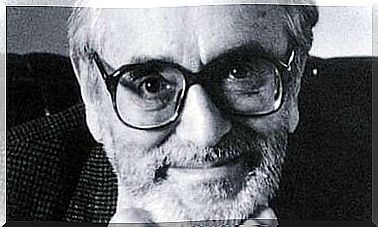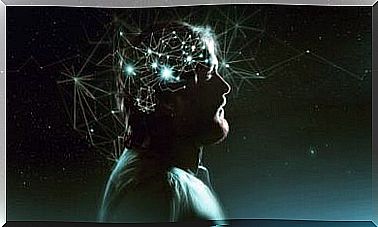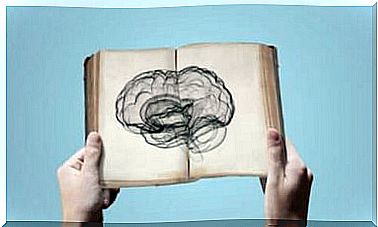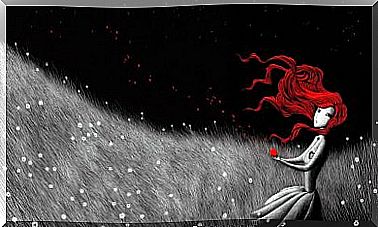Learned Helplessness: A Deep And Hopeless Well

Learned helplessness is one of the most terrible states a person can fall into. It is the perfect condition for developing the symptoms of anxiety and depression. It is the consequence, and at the same time the cause, of the lack of assertiveness (why cause a conflict by expressing our opinion or our tastes if it will not help?) And it transforms us into an empty body, with a soul too dull to fight. .
It is a condition that could be summed up as “whatever I do, I’m wrong” or “whatever I do doesn’t matter”, because it won’t solve anything. The result will always be the same. It is at this point that learned helplessness arises. It is a state of profound indifference that we have learned after trying to act in different ways and having verified that none lead to concrete results. In this way, not only do we begin to lose certain answers, but the initiative itself disappears as well.
Perhaps you have happened to find yourself in this situation. At work, in a relationship or in a context that you frequent. There is always someone in charge of judging whether what you are doing is right or not. There is no common sense. There is no consistency. What you do is almost always wrong. And, when it is right, you have no idea why it is. No matter how hard you try, then you cannot replicate it.
Learned helplessness causes us to lose all kinds of control
In a certain sense, behind that incongruent attitude we seem to hear the phrase: “It is I who judge what you do. I’m the one who dictates the law. Now yes, now no. Because I say so”. The people who cause learned helplessness are those who use their influence to make a judgment on the actions of others (are they right or wrong), without providing logical explanations.

What, then, is the victim’s reading of that judgment? That it is not worth the effort to get a result, because, in his eyes, the latter is practically aleatory. The feeling is that of being powerless: no matter what we do, we cannot be in control of the situation.
This lack of control over what happens to us is distressing and very limiting. Apparently, in fact, we cannot reverse the situation. For example, learned helplessness is the source of much emotional abuse. “I decide how you feel. You don’t decide. You are not in control, I am in control. “
Even if the solution would be to flee, the learned helplessness prevents us
Martin Seligman analyzed this phenomenon in depth as early as the 1970s. In an experiment that could not be replicated today due to its ethical implications, like many others in the history of psychology, he showed that dogs, when they are punished with electric shocks and have no way of stopping them in any way, end up with the ‘assume a passive attitude and “resign themselves” to suffer them in silence even when, in reality, they might flee.
This phenomenon was immediately related to the causes and the attitude assumed by many of the people who fall into the pit of depression. Anxiety, depression and an absolute lack of motivation end up controlling the person’s attitude and behavior, leading to total passivity.
When the victim gets a chance to change his or her situation, then, they simply don’t realize it or ignore it. She has now lost all hope, because she has learned that she has no possibility of escape : no matter where she chooses to steer the boat, she will continue to be lost on the high seas, far from the mainland.
This psychological phenomenon is very powerful, because it is capable of completely destroying our capacity for action . It seizes the ability to devise alternatives and solve problems. It makes us unable to visualize solutions in the presence of difficulties. Even when it comes to obvious solutions, such as escaping from a place where we are mistreated.
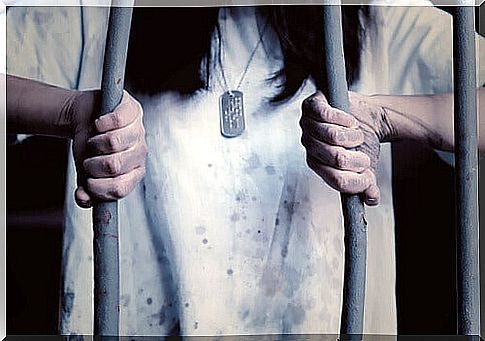
Impotence takes hold of thoughts, behaviors and emotions
This is why many people feel unable to get out of a situation that is hurting them. Because they are completely conditioned by the sense of helplessness they have learned. An impotence that takes possession of their thoughts, behaviors and emotions.
To break this ever larger and deeper negative cycle, the solution is often to go back to the root of the problem. We cannot remain on the surface and file the small consequences of this phenomenon. Tell someone to look for alternatives, to get out of that cage in which he himself is locked up, ask “but how can you not see it?” it doesn’t help. None of this helps.
The victim, in fact, does not want to feel this way. She didn’t look for it. For this she must understand why she has reduced herself like this, at what moment she has handed over the reins of her life to another, the power to control what happens to her. The goal is to give her back the power, control over her life.
A control that has long since lost. Which she handed over to fate or to the person who mistreated her, with her double messages full of incoherence and nonsense. But everyone must be in control of their own life and we must work to give it back to them. Understanding what happened to her and accepting it is the first step on this path. A path in which everyone regains possession of their own destiny, which one day he left in someone else’s hands.



